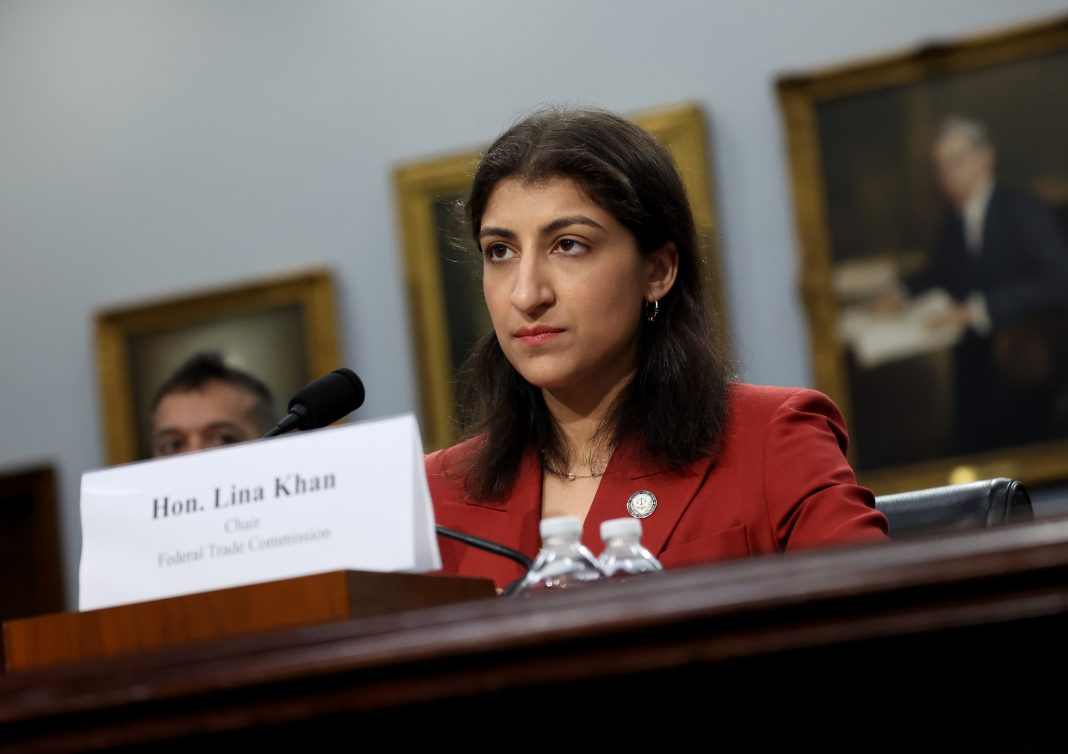In an era marked by rising energy costs and increasing regulatory scrutiny, a group of Republican governors has banded together to form the Governors’ Coalition for Energy Choice. This coalition, initiated by Louisiana Governor Jeff Landry, aims to alleviate the financial burden of energy expenses on households while promoting a framework that prioritizes consumer choice and minimizes regulatory hurdles. Acknowledging the economic strain that many American families face, especially amidst persistent inflation, the coalition is a response to what these governors perceive as detrimental federal energy policies.
The coalition, comprising ten governors from states such as New Hampshire, Georgia, Tennessee, Indiana, Wyoming, Arkansas, South Dakota, Oklahoma, and Virginia, is reaching out to an additional 24 governors across the country to broaden its influence. Governor Landry emphasizes the coalition’s vision: “States with better energy choices will achieve lower energy costs, increase reliability, and attract business and employment opportunities.” The overarching goal is to craft energy policies that not only empower consumers but also address the spiraling costs driven by government mandates.
Recent statistics underline the urgency of this initiative. According to the Energy Information Administration (EIA), the average residential electricity price in the United States surged by 6.2 percent over the past year, climbing from 15.04 cents per kilowatt-hour in 2022 to 15.98 cents in 2023. This increase is not an isolated incident; it reflects a broader trend where electricity prices are rising faster than the pace of inflation, a situation highlighted by the Bureau of Labor Statistics. In fact, the report from the House Committee on Oversight and Accountability points to federal climate policies exacerbating energy costs, with many Americans feeling the pinch in their wallets.
New Hampshire Governor Chris Sununu voiced his concern regarding the impact of government regulations on energy prices, stating that these burdensome policies disproportionately affect middle-income families. He advocates for a different approach, one that embraces fuel choice and minimizes expensive mandates: “These families deserve affordable and reliable energy.” This sentiment resonates with the coalition’s objectives, emphasizing the need for a balanced approach to energy production that prioritizes consumer needs over regulatory constraints.
In South Dakota, Governor Kristi Noem champions the state’s position as a leading renewable energy producer, attributing this success not to mandates but to the trust placed in energy producers to meet demand efficiently and economically. “The entire nation should take that same approach,” Noem asserts, advocating for a model that favors flexibility and innovation over restrictive regulations.
While the coalition’s formation signals a significant political maneuver, it also highlights the complex landscape of energy policy in the United States. On one side, there are the concerns raised by governors about the economic implications of stringent climate policies; on the other, there are voices from climate advocacy groups who argue that these regulations are essential for holding large corporations accountable and fostering a transition to clean energy. Lori Lodes, Executive Director of Climate Power, stated that over 300 meaningful climate actions are paving the way for job creation and cost reduction in the clean energy sector, underscoring the potential benefits of thoughtful regulation.
In conclusion, the Governors’ Coalition for Energy Choice reflects a growing frustration among certain state leaders regarding federal energy policies. As they work to reshape the energy landscape, it will be crucial to balance the need for affordable energy with the imperative of sustainable practices. The ongoing dialogue between energy producers, consumers, and regulators will ultimately shape the future of energy in America—one that must prioritize both economic viability and environmental responsibility. As this coalition gains traction, it underscores a pivotal moment in energy policy, one that calls for innovative solutions to meet the needs of all Americans.

